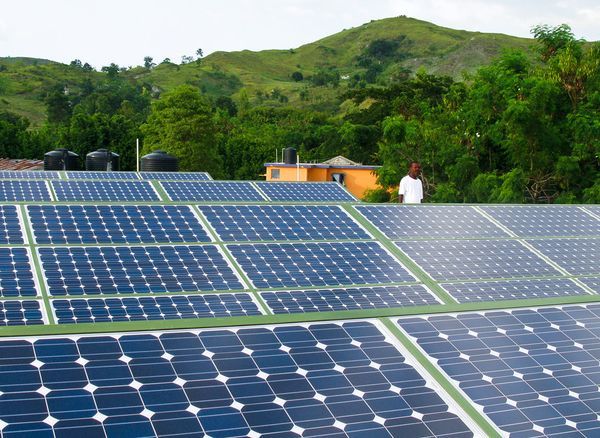Princeton
Research to curb global warming caused by rising levels of atmospheric greenhouse gases, such as carbon dioxide, usually involves three areas: Developing alternative energy sources, capturing and storing greenhouse gases, and repurposing excess greenhouse gases. Drawing on two of these approaches, researchers in the laboratory of Andrew Bocarsly, a Princeton professor of chemistry, collaborated with start-up company Liquid Light Inc. of Monmouth Junction, N.J. to devise an efficient method for harnessing sunlight to convert carbon dioxide into a potential alternative fuel known as formic acid. The study was published June 13 in the Journal of CO2 Utilization.
The transformation from carbon dioxide and water to formic acid was powered by a commercial solar panel generously provided by the energy company PSE&G that can be found atop electric poles across the state. The process takes place inside an electrochemical cell, which consists of metal plates the size of rectangular lunch-boxes that enclose liquid-carrying channels.
